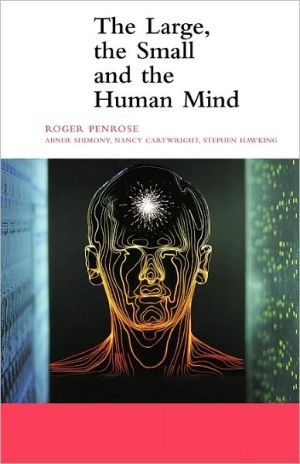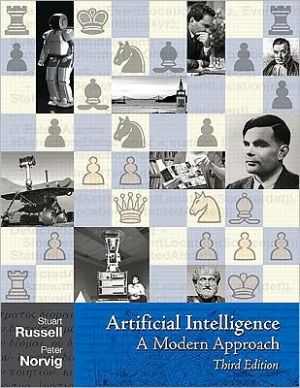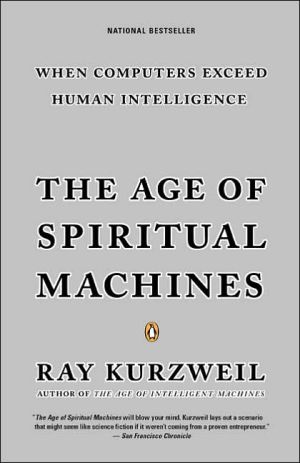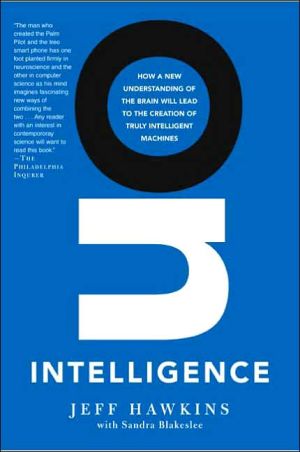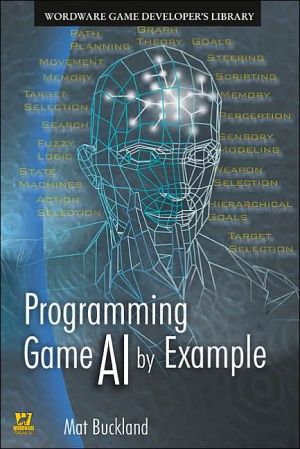The Large, the Small and the Human Mind
Roger Penrose's views on the large-scale physics of the Universe, the small-scale world of quantum physics and the physics of the mind are controversial and widely discussed. This book is a fascinating and accessible summary of Roger Penrose's current thinking on those areas of physics in which he feels there are major unresolved problems. It is also a stimulating introduction to the radically new concepts that he believes will be fruitful in understanding the workings of the brain and the...
Search in google:
Accessible and stimulating introduction to Roger Penrose's vision of theoretical physics for the twenty-first century. Publishers Weekly When Oxford physicist and mathematician Penrose (The Emperor's New Mind; Shadows of the Mind), has something to say about general relativity, quantum physics and artificial intelligence, we would do well to listen. So, too, with his Cambridge counterpart, Hawking; Boston University professor emeritus of philosophy and physics Shimony; and the director of the London School of Economics center for the philosophy of the natural and social sciences, Cartwright, whose responses to Penrose's thesis appear in this collection of talks given as Cambridge's 1995 Tanner Lectures on Human Values. Despite the many heady and humorous diagrams and illustrations and crystal-clear prose, the enormous complexity of the thesis presents formidable obstacles to the lay reader. Penrose does not shy away from introducing mathematical formulae, though he lets his audience know that understanding them is not necessary to comprehending his thesis. Perhaps inevitably, though, the lecture format means that Penrose uses complex equations and inadequately explained technical terminology to move his thesis along at a speed proper for an audience of listeners instead of readers. The thesis itself eludes simplification because it comprises several points. Among them is that mathematics is not merely a description of reality but a separate (Penrose suggests Platonic) reality unto itself. Another is that mathematics demonstrates its excellence (aesthetic and scientific) as a Platonic reality by its accuracy as a description of reality. And there are more points of interest, on lacunae in quantum theory and on the inability of computers to generate mathematical proofs. All continue Penrose's arguments elsewhere, making these lectures, in one sense, duplicative. On the other hand, there is hardly anything wrong with repetition when dealing with a topic so interesting. (Apr.)
Notes on the ContributorsForewordCh. 1Space-time and Cosmology1Ch. 2The Mysteries of Quantum Physics50Ch. 3Physics and the Mind93Ch. 4On Mentality, Quantum Mechanics and the Actualization of Potentialities144Ch. 5Why Physics?161Ch. 6The Objections of an Unashamed Reductionist169Ch. 7Response by Roger Penrose173
\ Publishers Weekly - Publisher's Weekly\ When Oxford physicist and mathematician Penrose (The Emperor's New Mind; Shadows of the Mind), has something to say about general relativity, quantum physics and artificial intelligence, we would do well to listen. So, too, with his Cambridge counterpart, Hawking; Boston University professor emeritus of philosophy and physics Shimony; and the director of the London School of Economics center for the philosophy of the natural and social sciences, Cartwright, whose responses to Penrose's thesis appear in this collection of talks given as Cambridge's 1995 Tanner Lectures on Human Values. Despite the many heady and humorous diagrams and illustrations and crystal-clear prose, the enormous complexity of the thesis presents formidable obstacles to the lay reader. Penrose does not shy away from introducing mathematical formulae, though he lets his audience know that understanding them is not necessary to comprehending his thesis. Perhaps inevitably, though, the lecture format means that Penrose uses complex equations and inadequately explained technical terminology to move his thesis along at a speed proper for an audience of listeners instead of readers. The thesis itself eludes simplification because it comprises several points. Among them is that mathematics is not merely a description of reality but a separate (Penrose suggests Platonic) reality unto itself. Another is that mathematics demonstrates its excellence (aesthetic and scientific) as a Platonic reality by its accuracy as a description of reality. And there are more points of interest, on lacunae in quantum theory and on the inability of computers to generate mathematical proofs. All continue Penrose's arguments elsewhere, making these lectures, in one sense, duplicative. On the other hand, there is hardly anything wrong with repetition when dealing with a topic so interesting. (Apr.)\ \
